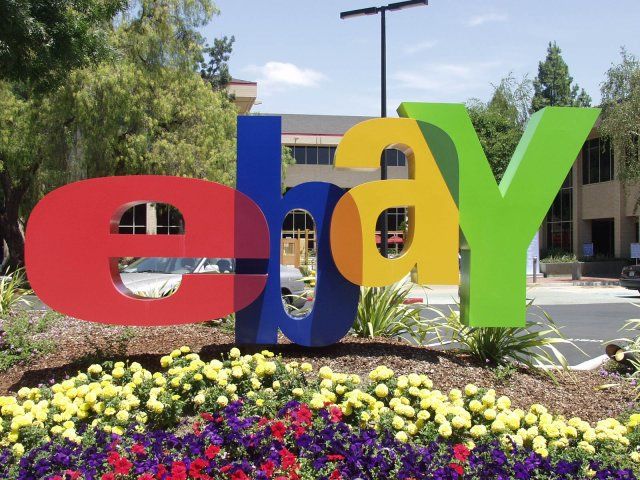Is it possible that
This advantage is why there has been an increase recently in “patent trolls," companies that seek out and acquire patents for the sole purpose of prying loose licensing fees and infringement settlements.
The public is becoming more and more aware of such cases because of Blackberry and NTP but a lesser known but perhaps more wide-reaching case is the one pitting eBay against MercExchange. The latter holds a patent that the eBay “buy it now” feature was found to infringe upon. Excerpt:
 "The eBay case cannot help but profoundly affect nearly all patent litigation and licensing," says Joseph Miller, a professor at
"The eBay case cannot help but profoundly affect nearly all patent litigation and licensing," says Joseph Miller, a professor at
If permanent injunctions were less automatic, plaintiffs would have a harder time forcing companies to settle over questionable patents. The Supreme Court could make it easier for judges to take into account questions of fairness and equity"such as whether the patent holder is an inventor or an investor" in such cases, says Tim Holbrook, an expert in patent law at Chicago-Kent College of Law. "The Federal Circuit rarely, if ever, applies equitable considerations in determining whether to grant a permanent injunction," he says.
Dennis Crouch, a patent and intellectual property lawyer with McDonnell Boehnen Hulbert & Berghoff LLP in Chicago, warns that legitimate patent holders could be hurt if the courts are not careful. "Quite often, individuals who are great inventors or engineers are not great entrepreneurs…. In the case of a small company or an individual inventor, the way to profit from a new invention is to license the patent rights," Crouch says. "If companies refuse to take a license, then an infringement lawsuit is the way to enforce rights."
Pointing to the number of major patent cases being considered by the Court and to unusual moves by the justices, legal analysts say that by the end of the term, odds are that the Court will have shaken up patent law significantly, with perhaps the biggest changes seen in nearly a century.





